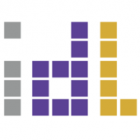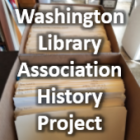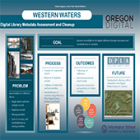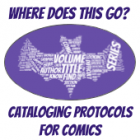
Voyager 2 - Jupyter Extension
JupyterLab is one of the most popular tools for coding and sharing Data Science work. However, as with any coding-based tool, creating and exploring data visualizations within a Jupyter Notebook is tedious and inefficient. Our extension integrates Voyager 2 with JupyterLab to help data scientists seamlessly iterate between modeling and visualization within one of the most popular Data Science computing environments today. Most importantly, it will let people focus on exploration over specification, which ultimately leads to better analysis and decision making.








